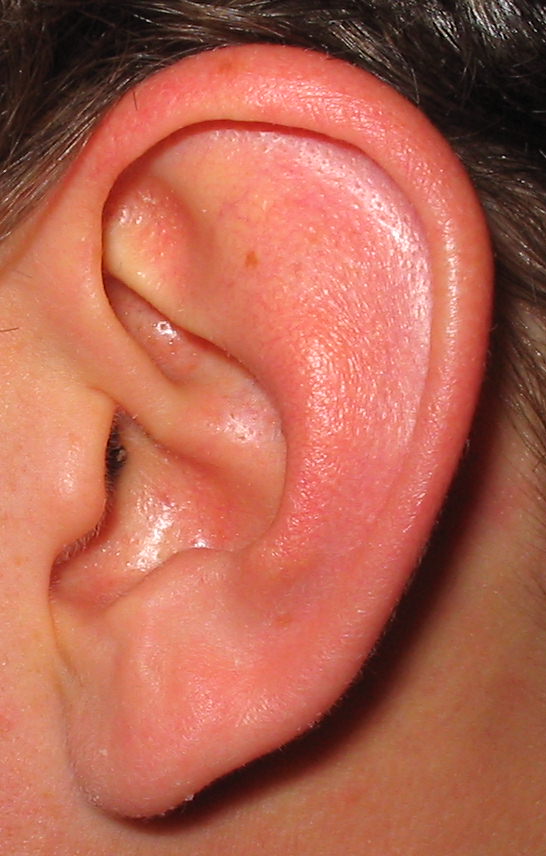 The human ear is a wonderful organ that amplifies sound and allows us to hear and react. It is a self-cleaning organ, producing a discharge known as ear wax to facilitate the process. Any dead skin cells shed naturally by the ear, dirt or tiny foreign objects stick to the wax and are carried out of the ear canal, away from the eardrums and other parts of the inner area. This is how the ear protects itself. However, it is not a perfect machine.
The human ear is a wonderful organ that amplifies sound and allows us to hear and react. It is a self-cleaning organ, producing a discharge known as ear wax to facilitate the process. Any dead skin cells shed naturally by the ear, dirt or tiny foreign objects stick to the wax and are carried out of the ear canal, away from the eardrums and other parts of the inner area. This is how the ear protects itself. However, it is not a perfect machine.
From time to time, the ear becomes vulnerable to infections caused by bacteria due to the introduction of foreign objects or substances. One of the first symptoms of an infection or problem is the appearance of a discharge, usually whitish, slightly colored or bloody. To prevent ear discharge, learn how to take care of your ears and keep it healthy with these tips:
Clean Your Ears Properly
Clean ears are less likely to succumb to an infection because the population of bacteria is kept at a manageable level. If you have healthy ears, you can prevent ear discharge by cleaning the outside area, including the entrance to the canal. While showering, use a damp towel to clean the ears, including the inside lobes and the outside, especially the area under the hairline. If there is some discharge, use a Q-tip or cotton buds to wipe the area near the entrance to the canal. Do not push the Q-tip into the canal.
Cleaning Instruments
Although there are cleaning instruments that are designed to remove wax and other debris from the ears, never use them on yourself. These instruments are meant to be used by another person, preferably someone who knows how. Most of these instruments are inserted into the ear canal. Someone who does not know how to use them could cause damage to the ear, particularly the eardrum. If you try any of these instruments on your own, you could do the same, considering that you cannot see what area of your ear the instrument is touching.
Do Not Insert Any Foreign Object Into the Ears
Earphones and Q-tips are probably the only objects that should go near your ear canals. If you are wearing a hearing aid, make sure to take it off regularly to clean it. Wipe it with an antiseptic to remove any buildup and allow it to dry. Wipe your ears as well and put on your hearing aid only once your skin is thoroughly clean and dry.
The ears are a common entryway for bacteria to invade the body. Swimming or bathing in dirty water increases the risk that bacteria may be introduced through the ear canals and cause problems in the eardrums and the inner ears. If you have been exposed to dirty water, clean the outside of your ear and seek a medical professional for a checkup to avoid developing an infection later.
Avoid Eardrum-Busting Situations
Do not expose yourself to loud music, loud noises and explosions. Wear protective equipment such as earplugs when you can. Prevent ear discharge by avoiding any situations that could cause injury to the head or the ears since these could potentially damage the eardrums. If your ears pop during an airplane ride due to changes in air pressure, counter the action by forcibly swallowing or yawning.
Are You Having Problems With Abnormal Ear Discharges?
Frequent, smelly, yellowish or blood discharges should be checked by a doctor. If there is pain, a partial or complete loss of hearing, a feeling of discomfort or fullness in one or both ears, or if you hear frequent or constant buzzing or hissing sound in one or both ears, get a professional’s opinion from an ENT doctor to prevent any complications and have the issue treated as soon as possible.
